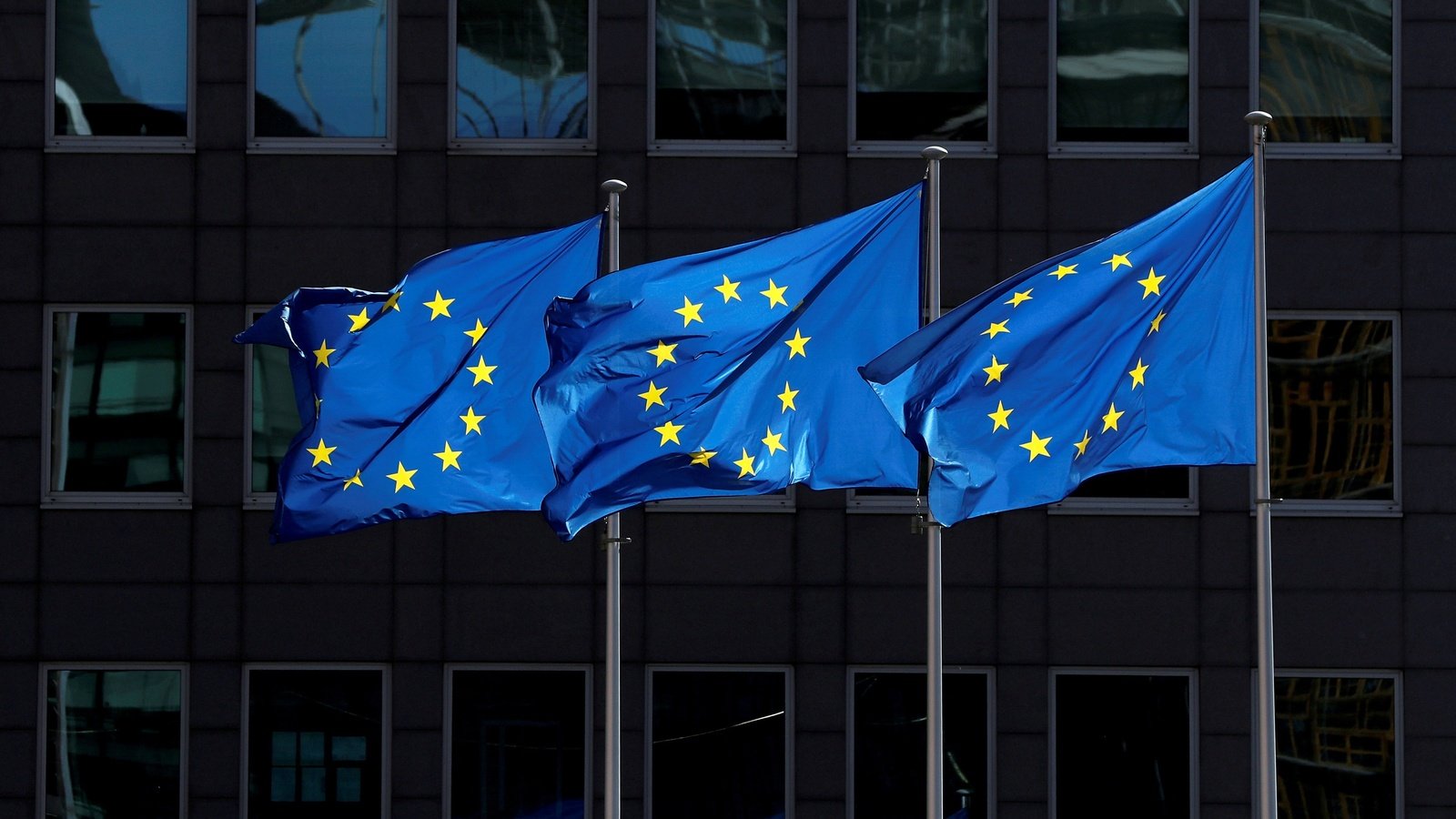The ‘Digital Revolution' and Democracy: The European Democracy Action Plan

In December 2020, the European Commission presented its European Democracy Action Plan aimed at fortifying national and European democracy across the European Union in the face of what the plan describes as the ‘digital transformation of our democracies’ and the ‘digital revolution’. This plan is one of the main initiatives of Commission President von der Leyen’s political agenda.
The central theme of the plan relates to the threats that European democracies are now facing from the abuse of media power due to the ongoing digital revolution. In particular, the plan aims to further promote a society in which people are enabled to make free choices and express their opinions in a context in which, at the same time, communication channels do not become instruments of manipulation governed by the few in their own personal interest.
More specifically, the plan states that the growth of online election campaigns and the way communication platforms are used have made it more difficult to preserve the integrity of elections, to ensure free and plural media, and to protect the democratic process from disinformation and other interference. It is noted that digitalization allows for the spread of new and unmonitored methods of party funding, cyber-attacks can target ‘electoral infrastructure’ and false information can be spread rapidly on social media, also through coordinated malevolent disinformation campaigns. In addition, the impact of some of these phenomena is amplified by the use of non-transparent algorithms that are controlled by platforms with globally dispersed networks.
In response to this, the European Democracy Action Plan identifies three areas for action. It sets out measures to promote free and fair elections, strengthen media pluralism and combat disinformation. With regard to strengthening the integrity of political elections, the Commission suggests the introduction of legislation on the transparency of sponsored political content and intends to revise rules on the financing of European political parties. Secondly, in order to defend media pluralism, the Commission acknowledges the need to support the entire class of journalists against threats or lawsuits which are simply intended to dissuade them from freely offering information in the interests of the community. Proposals for strengthening transparency regarding media ownership, through a new ad hoc observatory, and state advertising, pursue the same goal.
Finally, the Commission’s plan includes the need to revise the Code of Practice on Disinformation, i.e. the code of conduct containing regulatory standards to combat disinformation, to which online platforms, major social networks and the advertising industry can voluntarily commit. The revision will provide a framework of obligations and responsibilities for digital platforms, in line with the proposed Digital Services Act. These efforts are also aimed at countering increasing foreign interference within individual Member States, made possible by the advent of the digital revolution, through the establishment of instruments to impose sanctions on the perpetrators of any attacks to European democracy.
